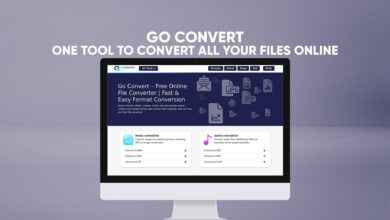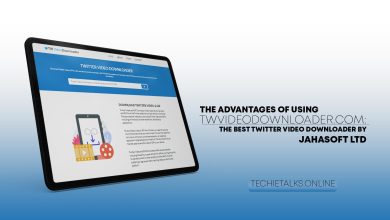- Cashless Society!
- Corona Vaccine is Ready
- Palestine will be Isreal This Year
- No Hajj This Year
That is the subject title of the email I received from my bank today. The mind programming starts ![]()
With every passing day, my faith in God is increasing.
My job was to inform and warn you while the establishment and our scholars kept quite. While most of you accepted every word as truth that came from the filthy mouth of Unicorp organizations and its billion dollar funded MEDIA.
you will find it’s information on dark web only. It’s international establishment run by rich elite banking dynasties and Zionists. Says: M.Mustafa Ahmedzai What is UniCorp?
They enslaved your establishment by snatching its right of freedom and liberty in 1944 through the formation of International Monetary Fund (IMF), a United Nations (UN) specialized agency, with a bogus promise to secure international monetary cooperation, to stabilize currency exchange rates, and to expand access to the bogus free floating fiat paper currencies ( international liquidity).
Read Also: As Expected: UN Food Program of Syria Implemented in Pakistan
They enslaved your STATES right of commerce and trade through IMF and they are attacking you once again by snatching your INDIVIDUAL right of liberty and freedom through a cashless monetary system by tracking your min-min economic activity, snatching away all your financial decision making rights and your right to DISAGREE.
Once again through their two most important tools of power i.e. MEDIA & FEAR, they have limited you to your rabbit holes while they are working behind the curtains day and night to corrupt MONEY (Your hard earned wealth: sweat, blood & tears) once again through the introduction of a more lethal, cruel and bogus DIGITAL SYSTEM. Money that you once owned will be just 1’s & 0’s with no tangible access to it, to store, to convert or protect it.
Read Also: WHY IS MEDIA SPREADING THE DEATH COUNT PANIC?
I miss the days Islam when a mere group of just few hundreds would challenge the might of a SUPER POWER like Roman Empire but would never surrender to its lobbying and lust to plunder and corrupt the free & fair market. To snatch the right of protecting your true wealth.
Taqi Usmani Sahab and all others scholars who are quiet despite knowing everything, fear the day of accountability. You kept silent infront of RIBA and you are silent once again towards something that is worse than RIBA i.e. ABSOLUTE FINANCIAL ENSLAVEMENT.
Read Also: Is This CoronaVirus Thing All About Cashless Society? [Corona Vaccine Out]
The establishment, politicians and especially the scholars will be held accountable before God one day because they know what you don’t know.
My heart cries for the poor of this nation and this world.
Your establishments have sold their souls to UniCorp, your govts have been bribed through foreign AID and the truthful ones are silenced or will be silenced.
Whether I live or die, I will never call this engineered microscopic parasite as the Curse of God on poor humanity which exempts the RICH but kills the vast majority of the COMMON man only.
Read Also: LIFT Lockdown or Face Civil Bomb Blasts
Wish you the best of luck. The watch dogs and the shepherds are one party now, its up-to you whether to use your God gifted common sense to recognize your true enemy or remain a Sheep by following the lush green grass wherever they place it before you.
For those who know the card game, remember that they are powerful but they are not GOD. Keep learning how to trick them the way they trick you and keep educating yourself and your coming generation about the true monetary history of the world and not the brainwashed history written by your local establishments.
SEEK true knowledge and forever you will be a FREE men. As long as you know their next plan, you know how to react. The wise are those who think such.
Allah Raziq tha or Raziq rahay ga.
Good bye Humanity.
Note: Credit Goes to BitcoinIsScam.com and Muhammad Mustafa Ahmedzai!




4 Comments